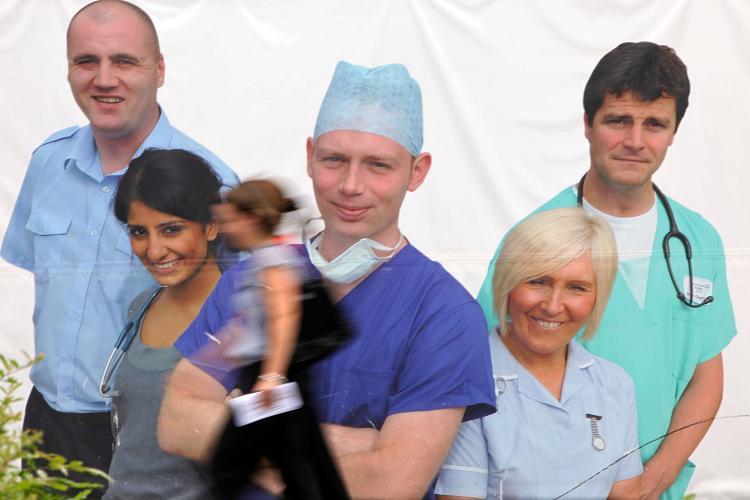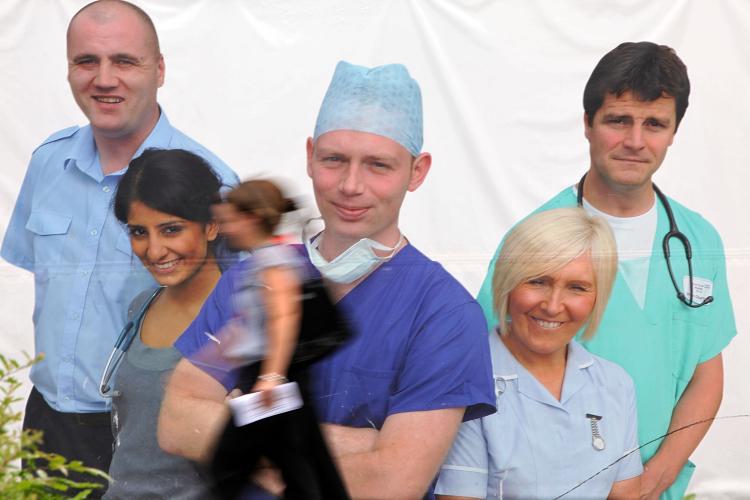LONDON—The medical records of over 1 million Britons have been uploaded to a controversial health database without their knowledge, British Medical Association (BMA) warned.
Those wishing to opt out of the $18.9 billion Summary Care Records scheme can do so by contacting their family doctor.
However, the BMA has accused the government of rushing through the program before patients have had a chance to withdraw their consent.
“The breakneck speed with which this program is being implemented is of huge concern,” said Hamish Meldrum, chairman of the BMA in a letter to Andy Burnham, the U.K. Health Secretary.
“Patients’ right to opt out is crucial, and it is extremely alarming that records are apparently being created without them being aware of it. ... If the process continues to be rushed, not only will the rights of patients be damaged, but the limited confidence of the public and the medical profession in [National Health Service] IT will be further eroded,” read Meldrum’s letter.
Currently, 1.29 million people are registered on the system. By June this year, a further 8.9 million records are expected to be added. By the end of 2011, the country’s National Health Service (NHS) hopes to have more than 50 million entries in the database.
The records contain medical history, including illnesses and medication. Ages and addresses are also included.
NHS officials have been updating the database through a policy of “implied consent”—where the onus is on patients if they wish to refuse.
Around 10 million patients have already received information packs. BMA officials said they had wished these packs to include an opt-out form.
However, the request was allegedly refused by the government body behind the database, Connecting for Health. Instead, patients who wanted to opt out would have to approach their family doctor for a special form.
Doctors are concerned that there has not been a government advertising campaign to publicize the database, and that patients may not have understood the information pack on its own.
The Londonwide Local Medical Committees is sending posters to local family doctors to show patients how to opt out, along with fact sheets and easy opt-out forms.
Privacy Risks
Critics of the database are concerned about patient privacy. Hundreds of thousands of health service personnel are believed to have swipe card access to the system. This could compromise the security of the system, particularly for high-profile figures that have potentially embarrassing information in their medical records. A centralized database is also more vulnerable to hackers.
The NHS says the Summary Care Records (SCR) will by available to nearly 30,000 GPs and 300 hospitals nationwide. A patient’s initial record includes information on allergies, prescriptions, and any adverse drug reactions. After that, more details can be added any time a patient seeks medical care, if they give their doctor consent.
The system is also accessible to individuals, who can view their records online using a secure Web site. This is also seen as a potential vulnerability.
“It would be misleading to pretend that there are no risks to information held in the SCR but it is also misleading to suggest that not having such a record is risk free,” says the NHS Web site.






